Dire Aussie flood warning revealed as pressure on dams grows
A newly released graph has highlighted the horrifying reality facing thousands of Aussies, with flood events expected to increase over the next 80 years.
Australian dams are set for more major influxes, with concerns about whether existing infrastructure is under threat from more consistent major flooding events.
New research from UNSW and Melbourne University has shown existing dams, due to climate change, are under greater risk than previously assumed, with the model which engineers use to calculate how much rain will fall not being updated for at least 20 years.
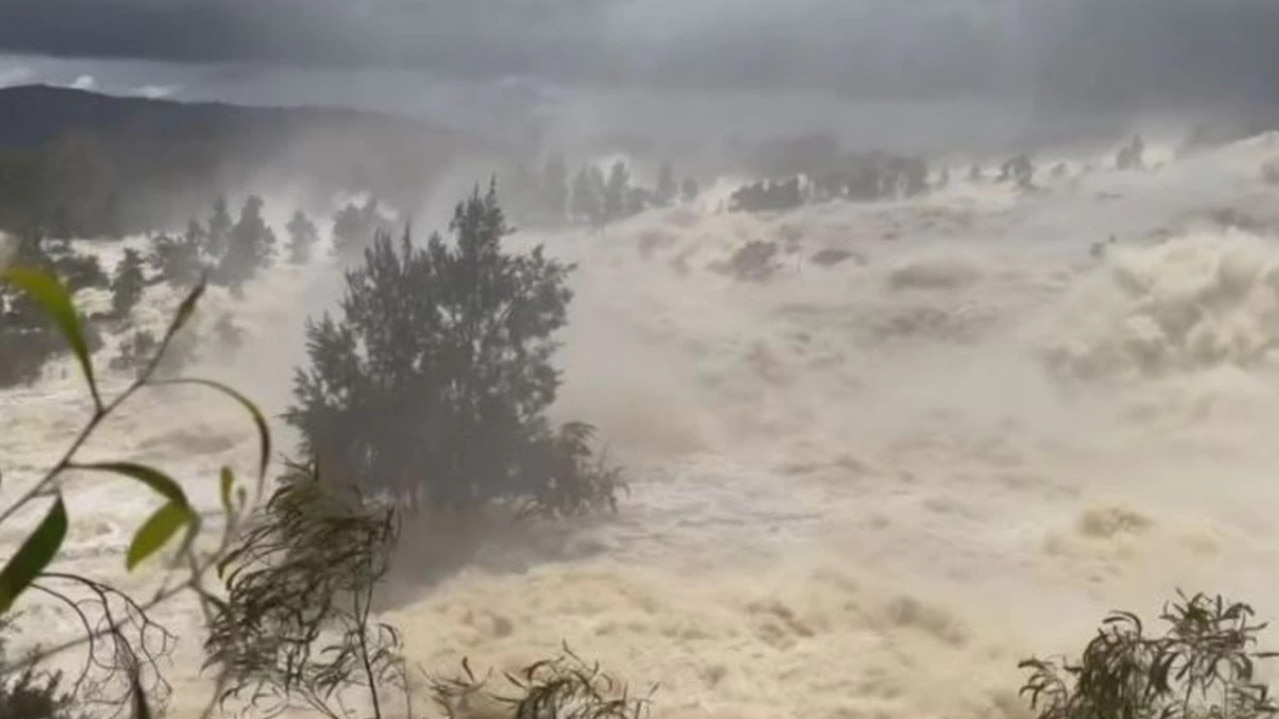
The research paper found the Probable Maximum Precipitation (PMP), a measure of the greatest amount of rainfall meteorologically possible over a certain amount of time, was set to increase by a considerable amount due to the warming climate.
An increasing PMP would also mean another measure, called a Probable Maximum Flood (PMF), would increase over time.
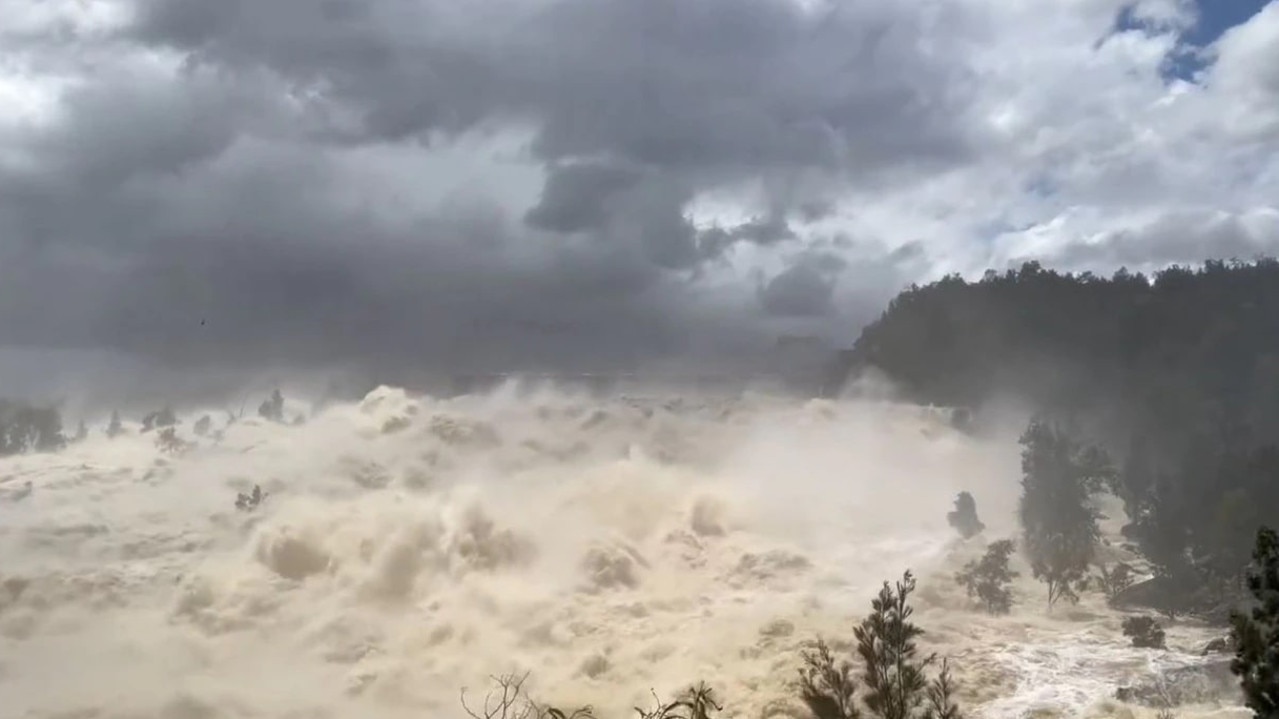
If green policies are not implemented and carbon emissions remain high, the amount of rainfall falling over large dam locations could increase by 38 per cent across the next 80 years, the report found.
Even using the most conservative estimates regarding emissions and subsequent climate change, the modelling suggests an average increase in PMP of 13 per cent across Australia over the same period.
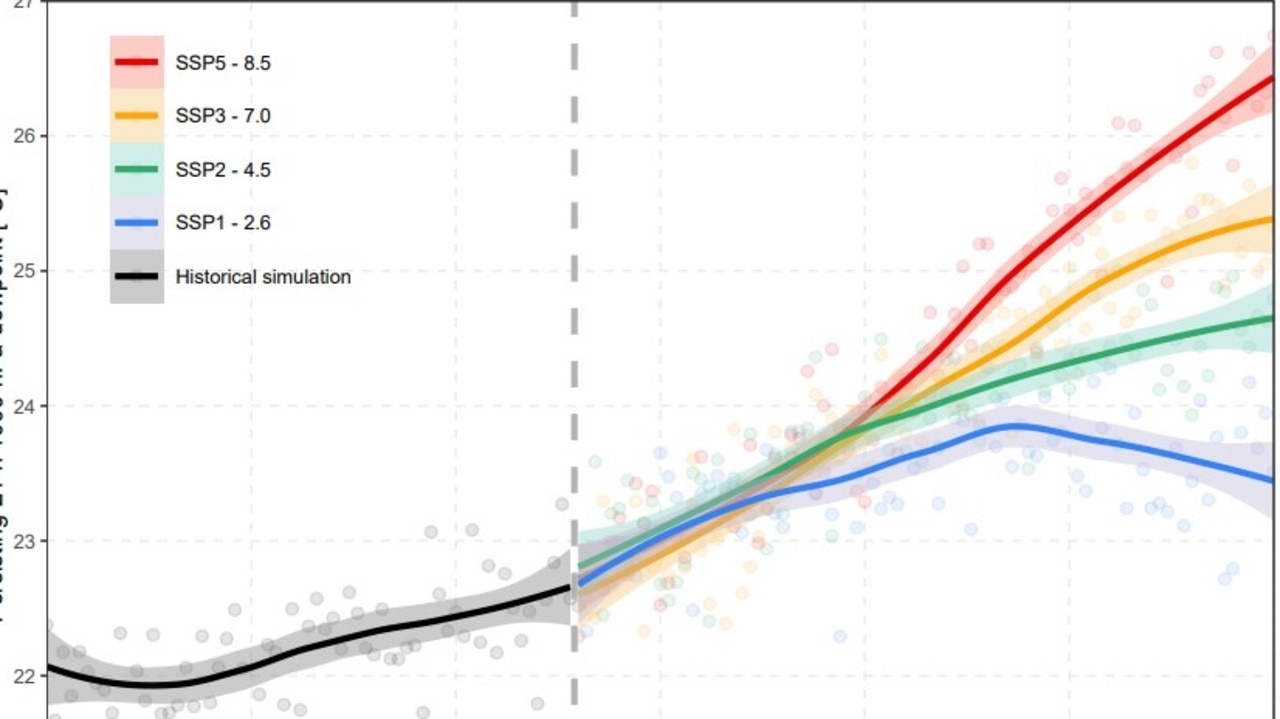
The consequences of dams being under unprecedented pressure from rainfall can be dire, according to UNSW Water research centre senior engineer and lead author of the paper Johan Visser.
“There are a lot of risks involved with dams given the amount of water they are holding back,” Mr Visser said.
“Some of the worst floods around the world were due to extreme storms overwhelming a dam, causing it to fail and release a wall of water downstream.”
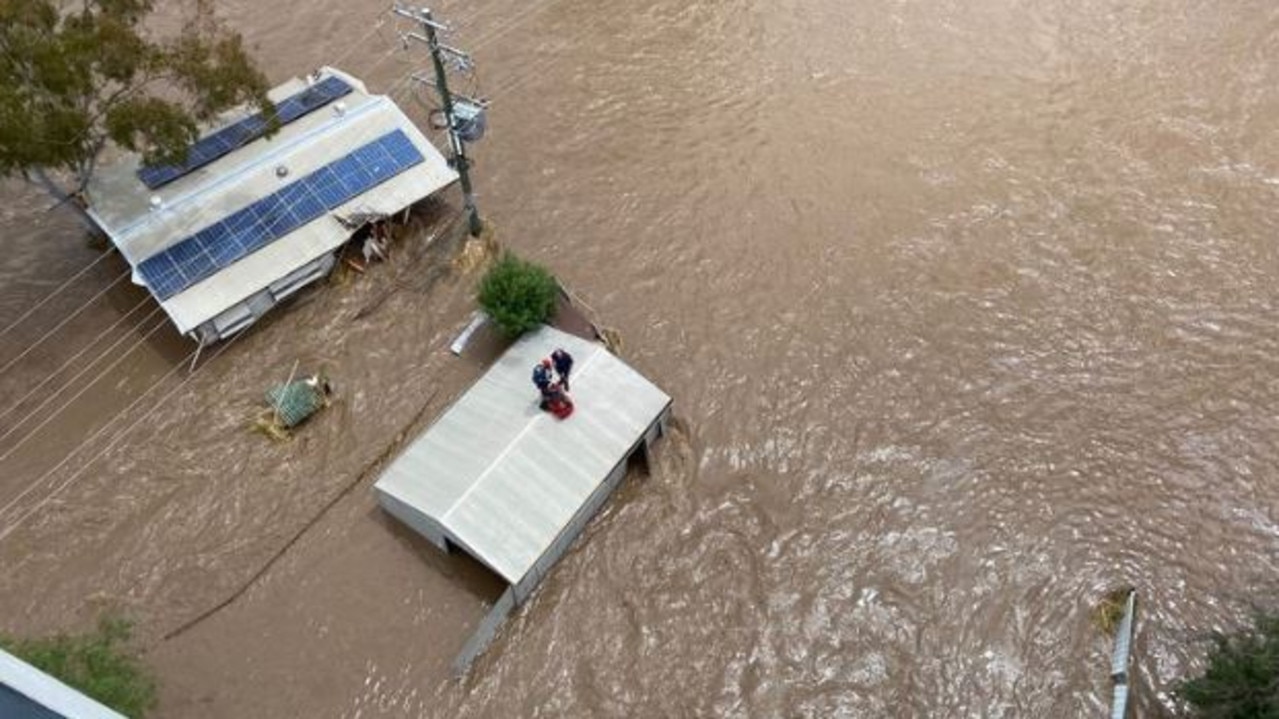
Terrified residents along the Lachlan River have been forced to flee as the Wyangala Dam releases a record 230,000 megalitres a day as floods batter Central West NSW.
The area has seen its heaviest rainfall in 118 years, with Cowra receiving 121 millimetres of rain last weekend.
Over the last 24 hours, there have been more than 900 requests for assistance and 222 flood rescues.
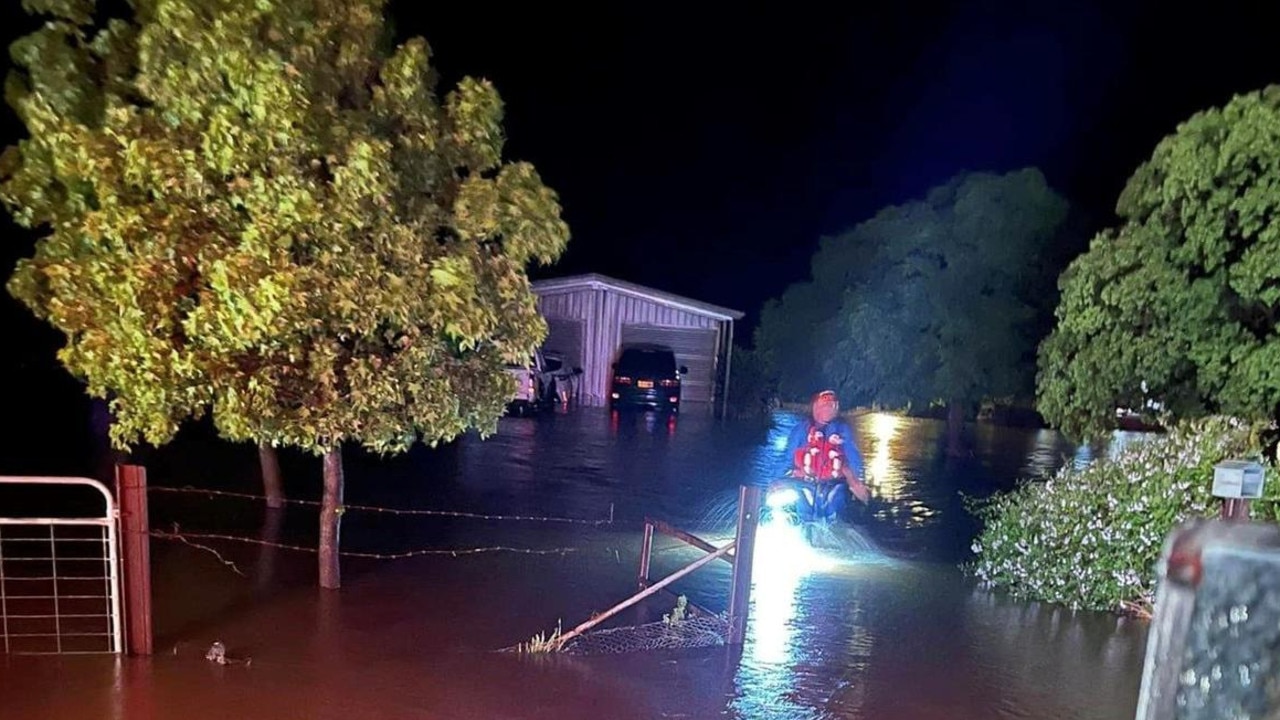
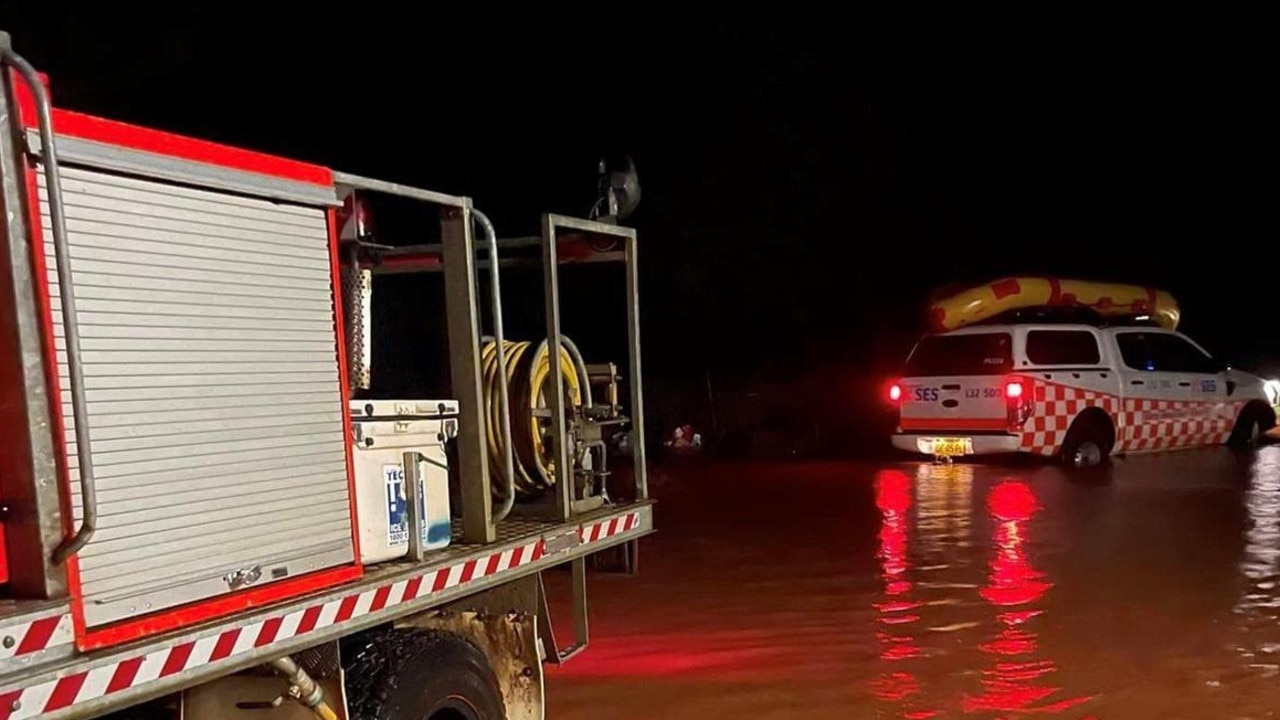
“For each 1-degree Celsius rise in temperature, the atmosphere can hold approximately 7 per cent more water,” says Mr Visser.
“We can already see in the observational record that extreme rainfall events and floods are becoming more frequent and more intense.
“Dam owners regularly review the safety performance of their dams under a wide range of failure scenarios, and this research reinforces the importance of ensuring that in the future these reviews consider the implications of a warming climate on extreme floods.”
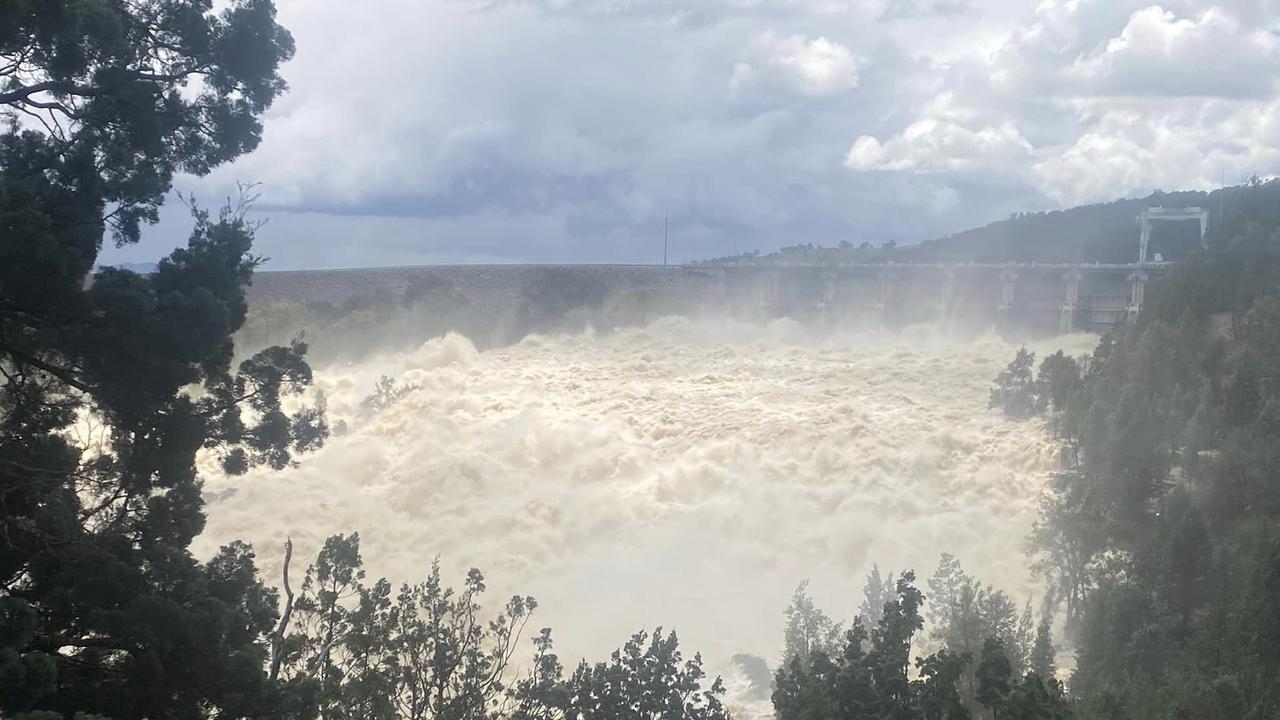
The paper was not able to calculate how existing dams would have to change their infrastructure to accommodate for a rising PMP, however the researchers noted changes to the modelling have seen large-scale enhancements in the past.
For example, the Warragamba Dam, which supplies water to Sydney, had its wall raised by 5.1m and an auxiliary spillway constructed after hydrological studies in the 1980s showed the original spillway was undersized and the risk of dam break was unacceptably high.



